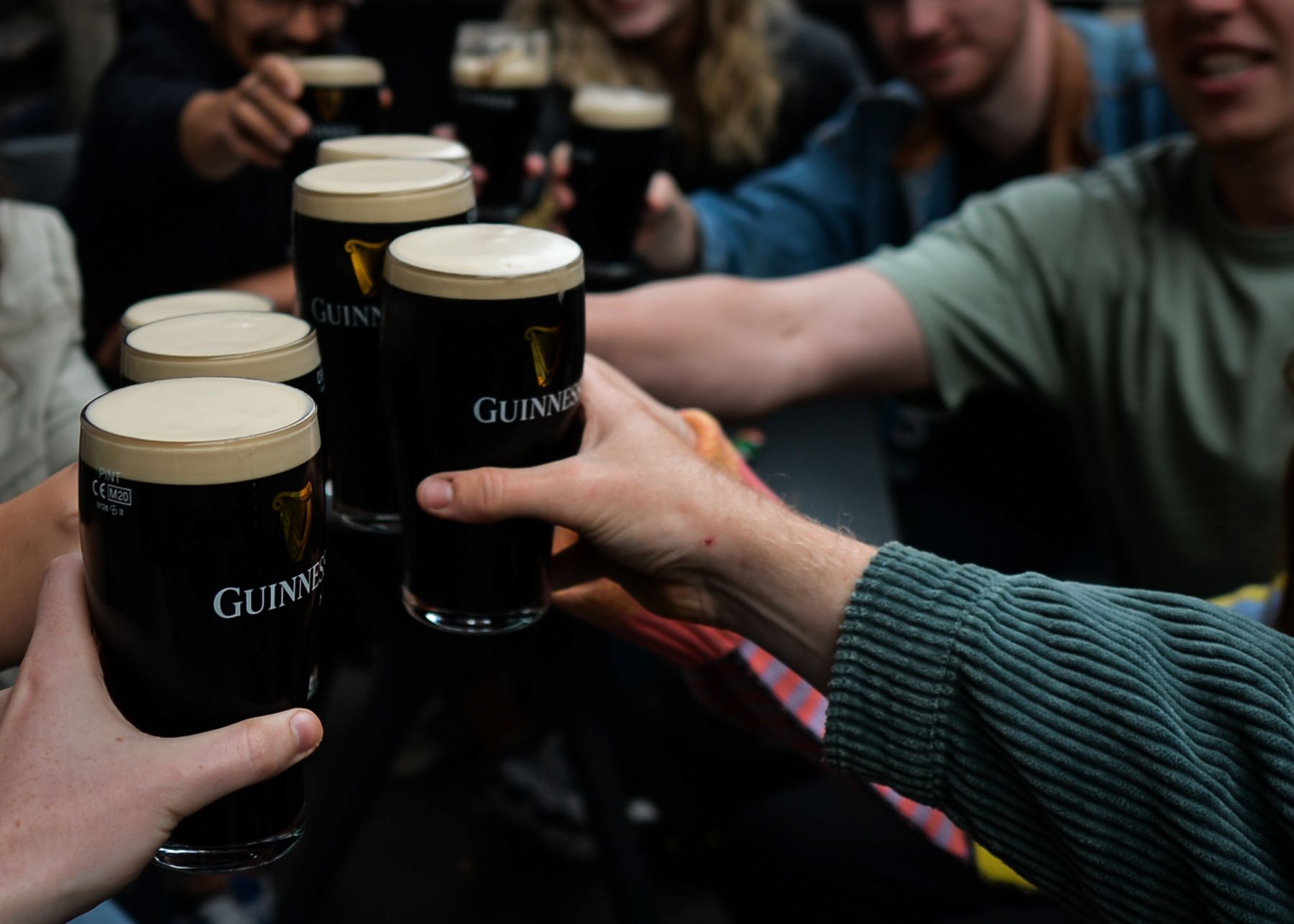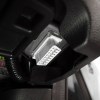
How to Tell if Someone Is Too Drunk to Drive
You know all too well that you should not drink and drive. So, how much is too much to drink before driving? One drink? No problem at all. Two drinks? Probably fine. Three drinks? Ahaa… things are starting to get fuzzy. Drinking affects your judgment and can cause tragic accidents. So how do you assess if you, or someone close to you, has had too much to drink?
Six sure signs to assess whether you are safe to drive

According to the Los Angels DUI Experts, the following signs will help you know if you are too drunk to drive:
1. Slurred speech
This is a sure sign that you are drunk. However, you might not be able to hear yourself speaking oddly. You should tag along a sober friend to help you know if you’ve had one too many. If you are by yourself, you can ask the bartender or any other person nearby.
2. Delayed reaction time
Alcohol slows down your reaction time. For example, you may take an unusually long time to respond to a simple question. This is dangerous during driving in situations that will require you to respond promptly.
3. Trouble maintaining balance
Having too many drinks impairs your balance. When you find yourself bumping into doors and chairs, falling off chairs, or feeling dizzy, you’ve probably had too much alcohol. Remember to seek the unbiased perspective of a friend or a stranger.
4. Strange speech
If you have been indulging in heavy drinking, you most probably will speak abnormally. You may talk too much, too fast, too slow, too soft, or too loud. While you may think you are communicating normally, everyone around you will notice that you are intoxicated.
5. Trouble with memory
If you are inebriated, you will face difficulties with your short-term memory and have trouble concentrating. This may not catch your attention at first since we all have difficulty remembering things at times. You can self-assess by having your friend ask you about the discussion you just had.
6. Using technology
There are apps for everything now- including letting you know whether you are too drunk to drive. One iPhone app tracks your eye movement to identify a tremor which indicates that you are too drunk.
There is also an android app that analyses your speech to pinpoint any slurs, whether you are talking faster than usual or have strange speech patterns. You can further consider downloading a driver simulator to assess whether you are fit to be behind the wheel.
Penalties for driving while drunk
As the Los Angels DUI Experts article highlights, although laws are different from state to state, the consequences of driving under the influence have generally increased. It is a complete waste of time and resources to get an attorney to fight for a lesser punishment in most states.
In a majority of the states, getting a DUI charge for a second or third time is considered a felony. Here are the four top consequences of DUI:
1. Serving jail time
Many states classify first-time DUI offenses as a misdemeanor, and the offense is punishable with a maximum of 1 year in jail. In most cases, first DUI offenders serve short jail terms ranging from 7 to 30 days. The maximum jail term increases with subsequent DUIs.
2. Losing driving license
A DUI offender stands a good chance of having their license revoked for a specified amount of time. The suspension period is determined by how many other DUIs the offender has. A case in point, in California, the suspension period for a first-time offender is 6 months. A second-time offender gets a 2-year suspension while, for the third time, the offender gets a 3-year suspension.
3. Fines
In most cases, DUI convictions lead to fines. These fines vary by state. However, in general, the same factors that increase jail terms also increase the number of fines a driver is expected to pay.
In a majority of the states, first-time offenders pay fines ranging from $500 to $2,000. Subsequent offenses are associated with hefty fines that can go into the thousands.
4. Accidents
According to the Center for Disease Control and Prevention, 29 people in the United States lose their lives every day owing to driving under the influence. The government loses more than $44 billion annually in alcohol-related fatalities. People may also incur severe injuries that can leave them permanently disabled.
The bottom line on drunk driving
According to The Law Office of Bradley Corbett, if you or someone you know has been drinking or is displaying symptoms of being drunk, that person shouldn’t drive. Even a tiny amount of alcohol can negatively affect your judgment. None of the above is legal advice- they are just pointers to help keep you and those you love safe.


